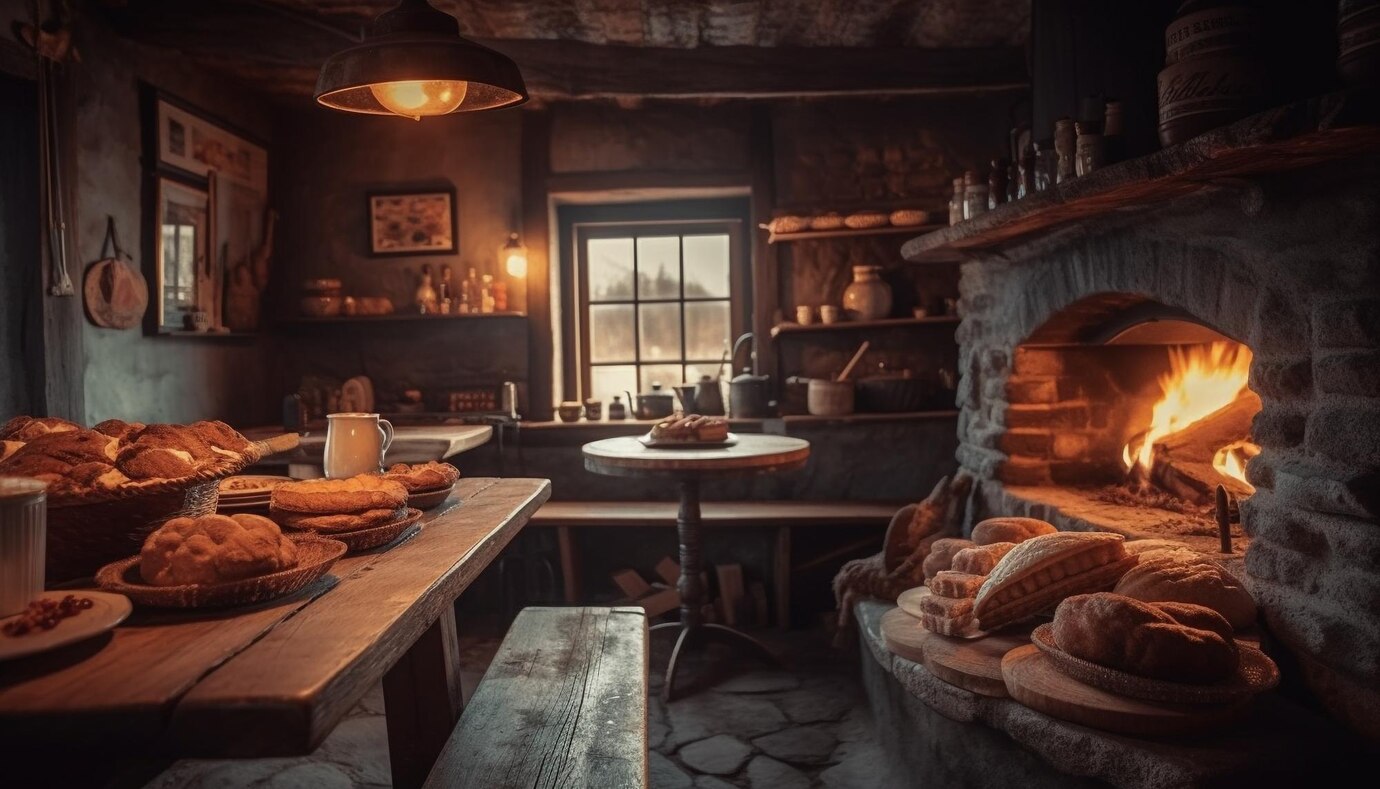In the bustling colonial era of early America, the landscape was dotted with charming inns and bustling taverns that played a vital role in shaping the fabric of society.
These establishments served as more than just places to eat and sleep—they were vibrant hubs of social interaction, commerce, and political discourse.
In this article, we'll take a journey back in time to explore the rich history and enduring legacy of colonial hospitality in the form of inns and taverns.
The Birth of Colonial Hospitality: Meeting Places for Travelers and Locals
As European settlers arrived on the shores of the New World, they brought with them a tradition of hospitality rooted in their homelands.
Inns and taverns quickly emerged as essential institutions, providing weary travelers with food, shelter, and camaraderie on their long journeys.
Located along major travel routes, inns offered accommodations and basic amenities to travelers, while taverns served as gathering places for locals and visitors alike.
These establishments became vital centers of community life, where people from all walks of life would converge to socialize, conduct business, and exchange news and information.
Colonial Inns: Oases of Comfort on the Frontier
Colonial inns were essential waypoints for travelers navigating the vast wilderness of early America.
Often situated along main roads and trade routes, these establishments provided weary travelers with a welcome respite from the rigors of the road.
Inns offered a range of services and amenities, including lodging, meals, stabling for horses, and basic medical care.
Travelers could expect a warm welcome and a hearty meal at the inn, along with the opportunity to rest and refresh themselves before continuing on their journey.
Taverns: The Heartbeat of Colonial Life
Taverns, or public houses, were central to colonial life, serving as gathering places for locals and travelers alike.
These bustling establishments offered a convivial atmosphere where people could come together to eat, drink, and socialize.
Taverns were more than just places to imbibe—they were also important venues for political meetings, legal proceedings, and social events.
From town meetings to court hearings to dances and celebrations, taverns were the beating heart of colonial communities, where neighbors came together to share news, settle disputes, and forge bonds of friendship.
The Role of Taverns in the Revolutionary War
During the Revolutionary War, taverns played a crucial role in the struggle for independence, serving as meeting places for patriots, military headquarters, and gathering spots for revolutionary militias.
Tavern keepers often doubled as spies and informants, using their establishments as hubs for clandestine activity and intelligence gathering.
Taverns also served as venues for organizing protests, rallies, and acts of civil disobedience against British rule.
The Green Dragon Tavern in Boston, for example, was a famous meeting place for Sons of Liberty and other revolutionary groups, where plans were hatched and strategies devised to overthrow British rule.
Conclusion: Preserving the Legacy of Colonial Hospitality
Inns and taverns played a vital role in shaping the social, cultural, and political landscape of early America, serving as oases of comfort and camaraderie in a vast and often unforgiving wilderness.
Today, the legacy of colonial hospitality lives on in the form of historic landmarks, living history museums, and cultural institutions that preserve and celebrate the rich heritage of America's colonial past.
As we reflect on the role of inns and taverns in early America, we are reminded of the enduring importance of hospitality as a cornerstone of community life.
From the humblest roadside inn to the grandest urban tavern, these establishments provided a warm welcome and a sense of belonging to travelers and locals alike, leaving an indelible mark on the history and culture of the United States.





